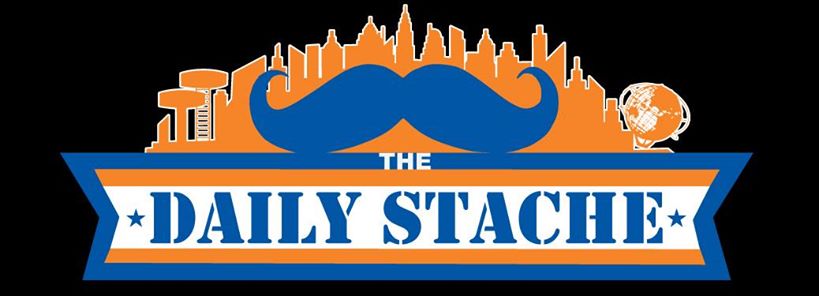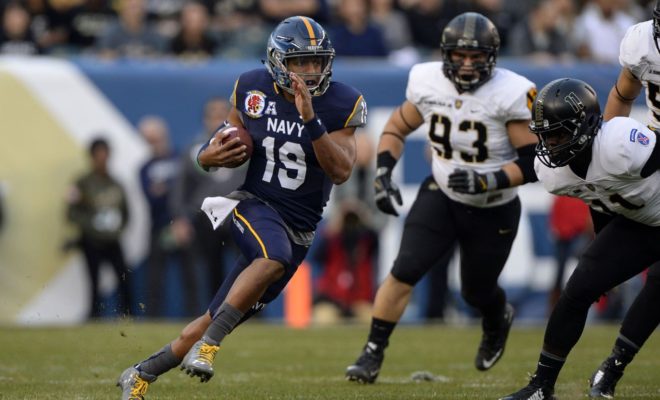There are new rules from the College Football Officiating Group and National Football Foundation that are expected to increase the safety of players even while making officiating easier, though it is highly doubtful that they will affect college football predictions.
Blocking Below the Waist
It is no longer permissible for offensive players who either leave the tackle box after the ball is snapped or start outside to block below the waist, especially if there is no head-on collision.
Blocking below the waist in the direction of the ball’s original position is also prohibited, at least until after the ball carrier crosses the line of scrimmage. The purpose is to eliminate chop blocks.
Input from Medical Observers
The Committee is permanently implementing a rule allowing medical observers to initiate the interruption of a game, the idea being to remove concussed players that are trying to remain on the field.
Low hits on the Passer
Forcible contact against the passer at the knee or below by defenders is no longer allowed. It doesn’t matter if it is a wrap-up tackle or not. This so-called Brady Rule has been in the NFL for a long time.
Outcome of a Suspended Game
If the weather prevents a suspended game from resuming, the home team’s conference can now decide to resume the game at a later date, end the game with a determined final score, declare a forfeit or declare no contest.
This eliminates potential conflicts that used to arise when decisions were left to the athletic directors.
Sliding Ball Carrier: Defenseless Player
Ball carriers that have obviously given themselves up and are sliding feet-first are now considered defenseless.
Scrimmage Kick Formation
According to these new rules about scrimmage kick formations, there must be a punter ten yards behind the line of scrimmage and a place kicker seven yards deep. Additionally, it must be made obvious that a kick will be attempted. The idea is to eliminate fake field goals and punts.
Starting the Clock near the End of a Half
The referee will not have complete authority to stop and start the game and play clocks, especially if he feels that a team is manipulating them to gain an advantage (which usually happens near the end of each half).
Targeting: An Expanded Role for Instant Replay
The replay official will now be expected to review all elements of a ruling that the official on the field makes, this permitting him to create a foul if he notices something that the on-field officials missed.
Tripping the Ball Carrier
The intentional stopping of an opponent using a leg or foot is now completely banned and will elicit a penalty.
Unsportsmanlike Conduct by a Coach
Football coaches that display unsportsmanlike conduct are subject to a penalty if they get two technical fouls. IN other words, they can expect to be ejected.
TV Access inside the Limit Lines
Television partners can now bring portable cameras inside the limit lines but only during specific dead-ball periods and only for a brief period of time.
Experimental Rule: Collaboration in Instant Replay
This experimental rule aims to allow replay officials to consult other observers of a given football game, including those watching on television sets and via the internet. The increased number of eyes and voices will ensure more accurate calls. The review of this rule at next year’s meeting will determine its future.
Use of Technology for Coaching
The recommendation permitting coaches to use video and computers in the press box and locker rooms received some blowback; so it will be implemented after 2017, allowing fiscally disadvantaged schools a chance to find ways of reaping the benefits of the rule.

